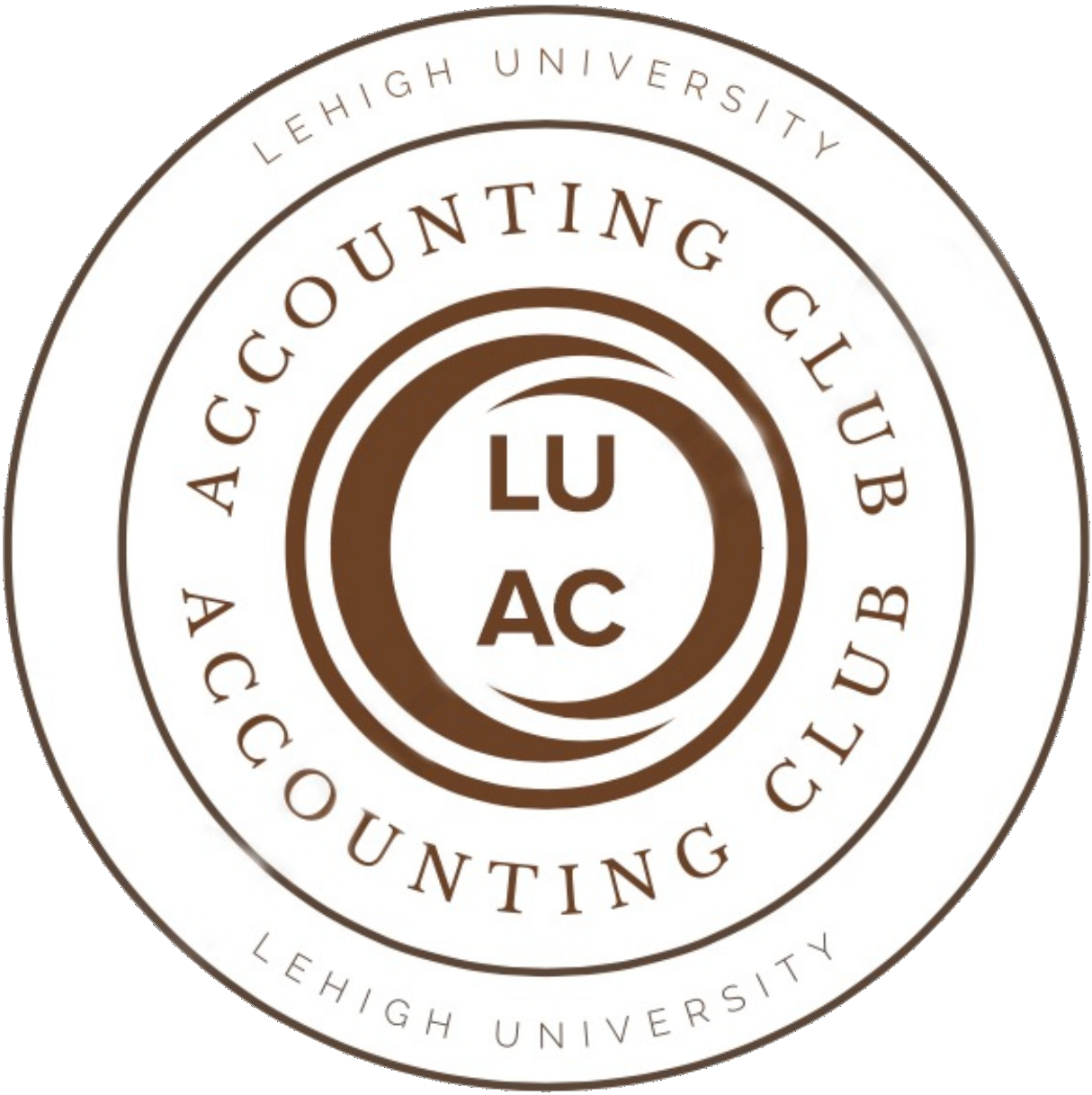
The accounting profession is currently facing a crisis due to a shortage of accountants. Fewer students are choosing accounting as their major, leading to a decline in enrollment in accounting programs. As a result, the number of candidates sitting for the CPA exam has also decreased significantly. In this article, we'll explore the reasons behind the shortage and highlight how this challenge can be turned into an advantage for accounting students.
In 2016, there were 48,004 first-time CPA exam candidates, but by 2021, that number had dropped to 32,188, representing a 33% decline. The AICPA/CIMA 2022 Annual Report revealed a 7% decrease in CPA exam candidates from 2021 to 2022, reaching the lowest number of exam takers since 2006. Approximately 75% of AICPA members are at retirement age, further exacerbating the shortage. Nationally, accounting graduates decreased by 2.8% at the bachelor's level and 8.4% at the master's level in the 2019–2020 academic year.
Factors Contributing to the Crisis
Several factors contribute to the declining pipeline of accounting professionals:
- 150-Hour Requirement: Some students perceive the 150-hour requirement for CPA licensure as a barrier to entry. This additional educational requirement, beyond the standard bachelor's degree, can deter potential candidates who are hesitant to commit to further education.
- Perception of Boredom: Accounting is sometimes seen as a boring field compared to other majors. The misconception that accounting solely involves number crunching and repetitive tasks fails to capture the dynamic and multifaceted nature of modern accounting roles.
- Compensation: Accounting salaries are often lower than those in finance or technology. While accounting offers stability and job security, the allure of higher salaries in other fields can sway students away from pursuing accounting careers.
- Lack of Diversity: The profession lacks diversity, which can discourage potential students. The underrepresentation of women, minorities, and individuals from disadvantaged backgrounds in accounting perpetuates stereotypes and hampers efforts to attract a diverse talent pool.
- Specialization: Accounting is sometimes considered too specialized. The perception that accounting restricts career options overlooks the wide range of specialties within the field, from forensic accounting to environmental accounting, offering opportunities for varied and fulfilling careers.
- Cost of Education: High tuition costs deter some students from pursuing accounting. The financial burden of obtaining an accounting degree, compounded by the additional expenses associated with CPA licensure, can dissuade individuals from pursuing a career in accounting.
Opportunities for Accounting Students
Despite the challenges, the accounting shortage presents unique opportunities for aspiring accountants:
- High Demand: Organizations are actively seeking qualified accountants. Graduates can expect a robust job market with ample career prospects. The growing complexity of financial regulations and the increasing globalization of business ensure a steady demand for accounting expertise.
- Salary Negotiation: The scarcity of accountants allows for better salary negotiation during job offers. Employers, eager to fill vacancies, may offer higher starting salaries and more attractive benefits packages to secure top talent.
- Flexible Work Arrangements: Firms are offering flexible work arrangements, including remote work options. The shift towards remote work, accelerated by the COVID-19 pandemic, has opened up opportunities for accountants to achieve a better work-life balance and tailor their schedules to suit their personal needs.
- Signing Bonuses: Some employers provide signing bonuses to attract top talent. Offering financial incentives upfront is a common strategy employed by firms to entice skilled candidates and incentivize them to join their teams.
- Tuition Reimbursement: Organizations offer tuition reimbursement programs, easing the financial burden of education. By reimbursing employees for their educational expenses, companies demonstrate their commitment to investing in the professional development of their workforce.
- Diverse Roles: Accountants can explore diverse roles beyond traditional auditing and tax services, such as forensic accounting, data analytics, and consulting. The evolution of technology and the increasing importance of data-driven decision-making have expanded the scope of accounting roles, offering opportunities for specialization and career advancement.
- Promotional Efforts: Efforts to attract young people and diverse populations are diversifying the profession². Professional organizations, educational institutions, and employers are actively promoting the accounting profession through outreach programs, scholarships, and mentorship initiatives aimed at attracting a more diverse pool of talent.
While the accountant shortage poses challenges, it also opens doors for students willing to seize the opportunity. Aspiring accountants should leverage the demand, negotiate wisely, and explore the evolving landscape of accounting roles. By doing so, they can turn the crisis into a stepping stone toward a rewarding and impactful career in accounting.
